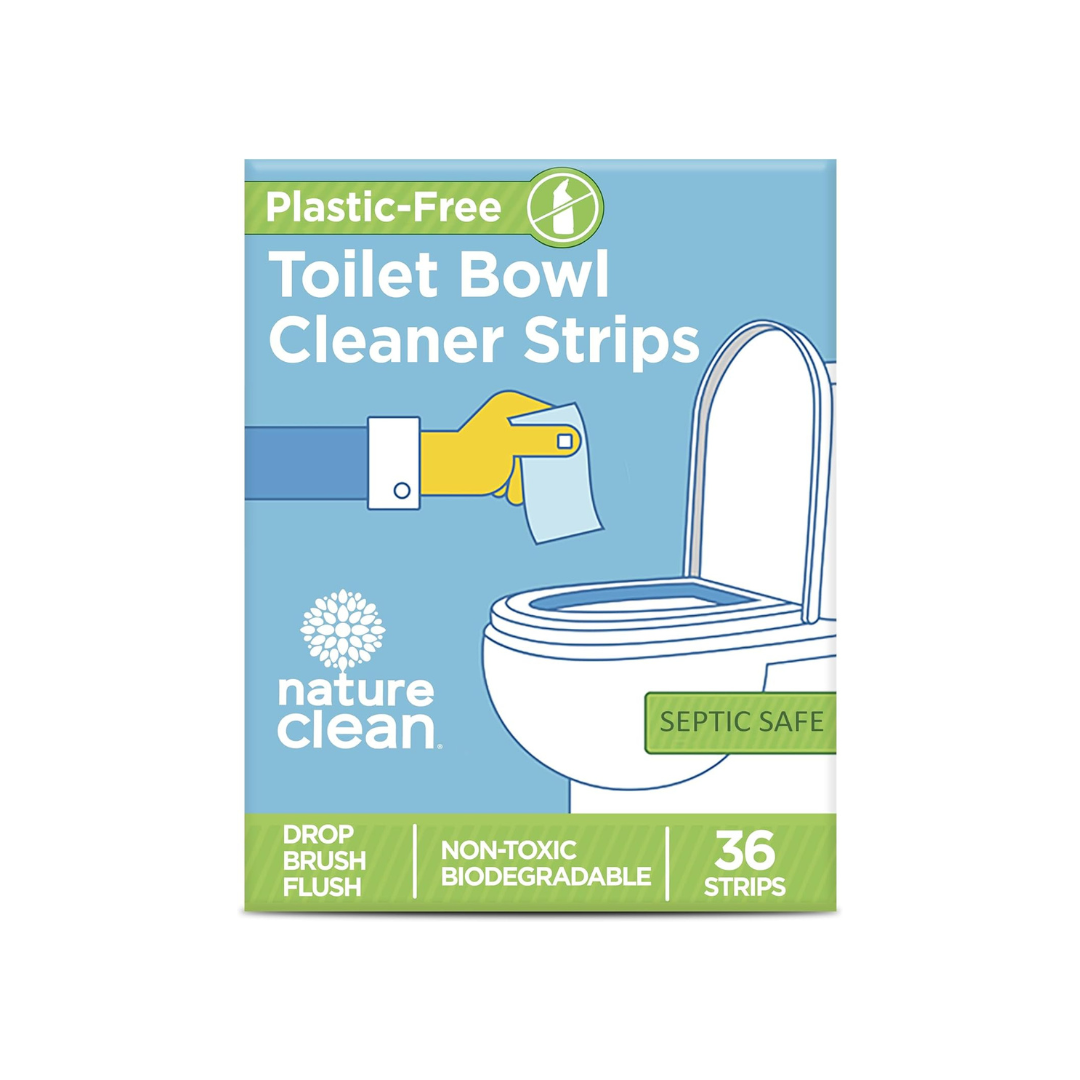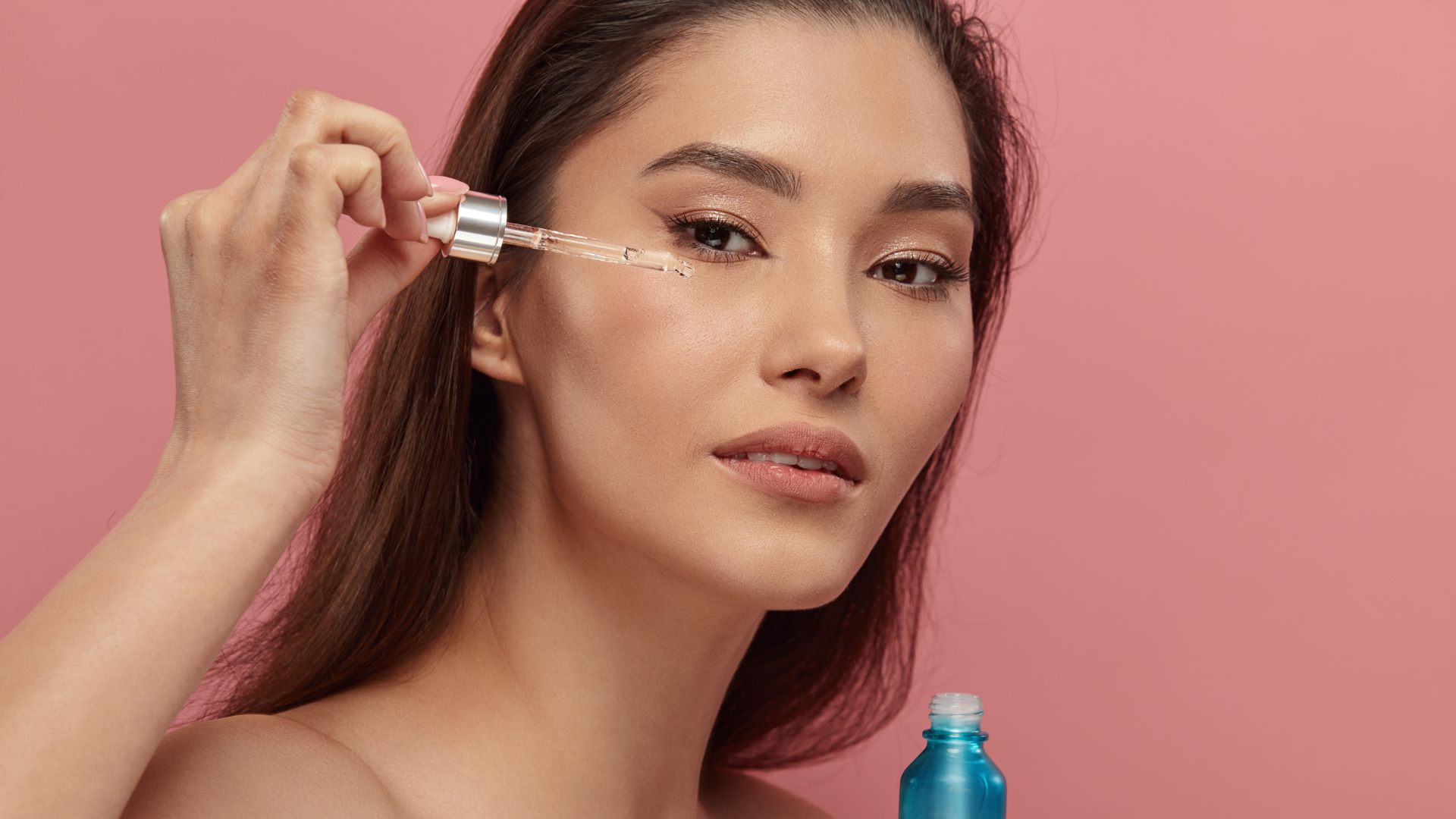Lab-grown actives and their sustainability benefits.
The beauty industry is experiencing a significant transformation as consumers demand more sustainable, ethical, and high-performance products. This shift has spurred a rise in biotechnology—specifically lab-grown ingredients—as a promising solution for creating cleaner, more eco-friendly beauty products. In recent years, biotechnology has begun to revolutionize the way we think about beauty, from skincare formulations to cosmetics. Lab-grown actives, bio-fermentation, and plant-based biotech are all part of this new era of beauty innovation.
Biotech ingredients are particularly valuable for their ability to deliver effective, high-quality solutions without relying on the depletion of natural resources or the exploitation of animals. As sustainability becomes a critical factor in purchasing decisions, the beauty industry is turning to biotech as a way to meet consumer expectations for ethical, sustainable, and cruelty-free products. In this article, we will dive deep into biotech ingredients, explaining what they are, their benefits, and how they are shaping the future of beauty.
What Are Biotech Ingredients?
Biotech ingredients are substances derived through biotechnological processes such as genetic engineering, fermentation, and cell cultures, rather than traditional methods of extraction from plants or animals. These ingredients are often designed to mimic or improve upon the effects of their natural counterparts, but with the added benefits of sustainability, ethical sourcing, and reduced environmental impact.
Some examples of common biotech ingredients include lab-grown actives like hyaluronic acid, collagen, and peptides. These ingredients are produced in controlled laboratory environments using microorganisms, such as yeast or bacteria, to ferment plant-based sugars or proteins and create the desired substance. This process allows for large-scale production with minimal environmental cost compared to traditional farming, which often requires vast amounts of water, land, and other resources.
For example, bio-fermentation is the process of using living organisms to produce cosmetic ingredients. This method can reduce the need for extensive farming and the associated environmental degradation. Plant-based biotech, such as lab-grown stem cells and apple stem cells, are also emerging as powerful ingredients in skincare formulations, often praised for their rejuvenating and anti-aging properties.
Why Biotech Ingredients Are Gaining Popularity
There are several reasons why biotech ingredients are gaining traction in the beauty industry, all of which are closely linked to the growing consumer demand for more sustainable and ethical products.
Increased Consumer Demand for Sustainable Beauty Solutions
Consumers today are more conscious than ever about the environmental and ethical implications of the products they purchase. Traditional beauty ingredients, such as those derived from endangered plants or animal byproducts, are often associated with environmental destruction, such as deforestation and the depletion of natural resources. Additionally, many animal-derived ingredients, like collagen and silk, raise ethical concerns. In response, consumers are seeking alternatives that are cruelty-free, eco-friendly, and derived from sustainable sources—traits that biotech ingredients can deliver in spades.
The Ethical Advantages of Lab-Grown Ingredients
Lab-grown beauty ingredients do not rely on the harvesting of endangered plants or animals, making them an ethically sound choice. Ingredients like collagen and hyaluronic acid, once derived from animal tissues, are now produced through biotechnological methods without the use of animals. This allows for a cruelty-free alternative to products that may have previously involved animal testing or the extraction of animal-derived ingredients.
The Growing Interest in Green Chemistry
Biotechnology is part of the broader movement of green chemistry, which focuses on developing products and processes that are both environmentally and socially responsible. In the beauty industry, green chemistry is being used to create ingredients that have less environmental impact, are less toxic, and are biodegradable. By using biotechnology to produce ingredients, beauty companies can reduce the negative environmental consequences of ingredient sourcing while delivering high-performance formulations.
Examples of Common Biotech Ingredients in Beauty
Several biotech ingredients are now making their way into mainstream beauty products. These ingredients are valued for their efficacy, sustainability, and environmental benefits. Here are a few notable examples:
Lab-Grown Actives
-
Hyaluronic Acid: Known for its ability to retain moisture and hydrate the skin, hyaluronic acid is now produced using biotechnology, reducing the need for animal-derived sources or plant-based extraction methods that can harm the environment.
-
Collagen: Traditionally sourced from animal bones, skin, and connective tissues, collagen can now be synthesized through biotechnology. Lab-grown collagen is a key ingredient in anti-aging skincare and cosmetics, promoting skin elasticity and reducing the appearance of fine lines and wrinkles.
-
Peptides: Peptides are short chains of amino acids that serve as building blocks for proteins in the skin. Biotech-derived peptides help stimulate collagen production and improve skin texture. These peptides are often synthesized through fermentation or cell culture technologies, allowing for more sustainable production.
Fermentation-Derived Ingredients
-
Probiotics: Probiotics are beneficial bacteria that support the skin’s natural barrier. They are often derived from fermentation processes, providing an eco-friendly and ethical alternative to animal-derived probiotics. These ingredients are used to balance skin microbiota and enhance overall skin health.
-
Amino Acids and Lactic Acid: Amino acids and lactic acid are often produced through fermentation, which can be more sustainable than traditional plant extraction methods. These ingredients help with skin exfoliation, hydration, and repair, all while reducing environmental impact.
Plant-Based Biotech
-
Apple Stem Cells: Apple stem cells are lab-grown cells derived from the fruit’s natural stem cells. These plant-based cells are known for their regenerative properties, helping to rejuvenate and repair the skin by boosting cell turnover and promoting a more youthful appearance.
-
Seaweed and Algae Extracts: Algae and seaweed are often cultivated using biotech methods to create potent skincare actives. These organisms are rich in antioxidants, vitamins, and minerals, making them highly effective in hydrating, soothing, and protecting the skin from environmental stressors.
The Role of Biotechnology in Sustainable Beauty
The beauty industry is notorious for its reliance on resource-heavy ingredients like water, palm oil, and plastic packaging, which can contribute to environmental degradation. Biotechnology has emerged as a way to address these issues by providing an alternative to resource-intensive sourcing.
Resource Efficiency
By using biotech methods to produce active ingredients, beauty brands can minimize their reliance on natural resources. For example, lab-grown ingredients typically require less water, energy, and land compared to traditional agricultural methods. In many cases, biotechnology allows for the efficient production of ingredients at scale, without the environmental strain of traditional farming and extraction.
Sustainable Sourcing
One of the most significant benefits of biotech ingredients is that they reduce the need for plant or animal harvesting, thus protecting natural ecosystems. For instance, the use of lab-grown collagen reduces the need for animal farming, while fermentation-based methods eliminate the need for extensive farming of certain crops. By minimizing land use and the associated environmental impact, biotech ingredients help reduce the beauty industry’s overall environmental footprint.
Packaging Reduction
In addition to the ingredients themselves, biotech beauty products often come with less packaging waste. With more concentrated formulations, consumers need to use fewer products to achieve desired results. This reduction in the number of products used also leads to less packaging waste, contributing to a more sustainable beauty routine.
The Environmental Impact of Traditional Beauty Ingredients
Before we dive into the positive impact of biotech ingredients, it is essential to understand the environmental burden that traditional beauty ingredient sourcing can impose. Many conventional beauty products rely on natural plant extracts, animal-derived ingredients, and non-sustainable farming practices, which can lead to deforestation, biodiversity loss, and excessive water usage. The beauty industry's demand for natural resources is ever-growing, which is contributing to its environmental footprint.
Resource-Intensive Sourcing
Many traditional beauty ingredients, such as palm oil and shea butter, are sourced from extensive farming operations that can lead to deforestation, land degradation, and biodiversity loss. The palm oil industry, in particular, has been linked to the destruction of rainforests, especially in Southeast Asia. As these forests are cleared, vital habitats for wildlife like orangutans and tigers are lost, and the process releases significant amounts of CO2 into the atmosphere, contributing to climate change.
Overfarming and Depletion of Natural Resources
Farming natural ingredients like lavender, cacao, and rosehip oil can be resource-intensive, requiring large amounts of water, fertilizers, and pesticides. Over time, this overexploitation of land leads to soil degradation, reduced crop yields, and the depletion of vital ecosystems. Water use in agriculture can also contribute to the depletion of water resources, particularly in regions already facing water scarcity.
Animal-Derived Ingredients
Animal-derived beauty ingredients like collagen, keratin, and squalene are often extracted from animal tissues, which raises ethical concerns. Animal farming also contributes to environmental issues like methane emissions and overgrazing, which can harm ecosystems. For example, collagen, traditionally sourced from animal skin, bone, and cartilage, involves processes that are resource-intensive and can contribute to environmental degradation.
In contrast, biotechnology offers a more sustainable approach by reducing the need for resource-intensive sourcing and minimizing the exploitation of animals and natural habitats. By synthesizing ingredients in labs or through bio-fermentation, biotech ingredients offer a more efficient, ethical, and eco-friendly way to meet the beauty industry's needs.
The Ethical Benefits of Biotech Ingredients
In addition to their environmental benefits, biotech ingredients also present significant ethical advantages that align with the growing demand for cruelty-free and plant-based beauty products.
Cruelty-Free Alternatives
The growing popularity of cruelty-free beauty is one of the main drivers of the shift toward biotech ingredients. Many biotech-derived ingredients, such as collagen, hyaluronic acid, and keratin, are now produced without the need for animals. Traditionally, these ingredients were sourced from animals through processes like slaughtering or harvesting their skin, bones, and cartilage. However, biotech alternatives offer a cruelty-free solution by using microbial fermentation or plant-based cell cultures to produce these key ingredients in a lab.
For example, lab-grown collagen is made without harming any animals. Instead, it's produced using genetically modified yeast or bacteria that can produce collagen in a controlled environment. This innovation not only prevents animal harm but also ensures that consumers can enjoy the benefits of collagen without contributing to animal exploitation.
Ethical Sourcing of Raw Materials
Biotech ingredients are often produced from renewable resources and do not rely on the depletion of endangered plant species or animal products. This ethical approach to sourcing ensures that the ingredients are produced in a way that minimizes harm to ecosystems and supports sustainable agriculture practices.
A prime example of this is the use of apple stem cells, which are lab-grown from renewable plant sources. These stem cells help rejuvenate the skin, promoting cell regeneration without the environmental damage that traditional plant extraction methods can cause. Similarly, biotech-derived algae and seaweed extracts provide a sustainable alternative to sourcing marine life, reducing the impact on ocean ecosystems.
No Animal Testing
One of the most significant ethical concerns in the beauty industry is animal testing. Biotech ingredients offer a way to create safe, effective products without resorting to animal testing. Many biotech companies use advanced testing methods, such as in vitro cell cultures or synthetic human skin models, to assess the safety and efficacy of their ingredients. This allows beauty brands to ensure their products are safe for consumers while adhering to ethical, cruelty-free standards.
Consumer Trends Driving the Biotech Revolution in Beauty
The rise of biotech ingredients is not just a response to sustainability concerns; it is also fueled by shifting consumer preferences. Today's beauty consumers are more informed and demanding than ever before, and they are actively seeking products that align with their values.
Demand for Clean Beauty
Clean beauty has become a significant trend, with consumers prioritizing products that are free from harmful chemicals, preservatives, and toxins. Biotech ingredients, particularly lab-grown actives, are seen as "clean" because they are produced through controlled, scientific processes that eliminate the risk of contamination and the use of synthetic chemicals. As a result, clean beauty enthusiasts are increasingly turning to biotech-powered products as safer, cleaner alternatives to conventional formulations.
Rising Awareness of Sustainability
With the growing awareness of climate change and environmental degradation, consumers are increasingly focused on sustainability in their purchasing decisions. Biotech ingredients align perfectly with this shift, as they offer a more sustainable alternative to natural resource-intensive sourcing. By choosing products with biotech ingredients, consumers can contribute to a more sustainable beauty industry while enjoying high-performance skincare and cosmetics.
Support for Cruelty-Free Beauty
Many consumers are now actively seeking beauty brands that are cruelty-free, and biotech ingredients help support this demand. As lab-grown actives become more prevalent, the beauty industry is moving away from animal-derived ingredients, ensuring that consumers can make ethical choices when selecting their beauty products.
Challenges and Limitations of Biotech Ingredients
While biotech ingredients offer numerous benefits, they are not without their challenges and limitations.
High Development Costs
The development of biotech ingredients can be costly, particularly in the early stages of research and production. The biotechnological processes involved in creating lab-grown actives often require specialized equipment, skilled personnel, and lengthy testing periods. As a result, biotech ingredients can be more expensive to produce than traditional ingredients, which may impact the cost of the final product.
Limited Consumer Awareness
Despite the growing interest in biotech ingredients, many consumers are still unaware of the benefits these ingredients offer. There is a need for greater education around biotech products, including how they are made, their environmental impact, and their effectiveness. Beauty brands that embrace biotech must take steps to educate consumers about the science behind these ingredients to build trust and awareness.
Regulatory Hurdles
The use of biotech ingredients in cosmetics is still a relatively new field, and as such, regulatory frameworks around their use are still developing. Different countries have varying regulations regarding the approval of biotech-derived ingredients, and navigating these regulations can be complex. For biotech ingredients to become mainstream in beauty products, these regulatory challenges will need to be addressed, and clear guidelines will need to be established.
The Future of Biotech in Beauty
The future of beauty is biotech. With growing consumer demand for sustainable, cruelty-free, and effective beauty solutions, the beauty industry is poised for a biotech revolution. As the science behind biotech ingredients continues to evolve, we can expect even more innovations, from new active ingredients to more eco-friendly production methods.
From lab-grown actives like collagen and hyaluronic acid to plant-based biotech solutions like apple stem cells, biotech is enabling beauty brands to offer products that not only deliver results but also have a positive impact on the environment and society. The continued advancement of biotechnology in beauty is sure to lead to more personalized skincare, cleaner formulations, and a more sustainable future for the beauty industry.
Conclusion
In conclusion, biotech ingredients represent the future of sustainable and ethical beauty. These lab-grown actives and bio-fermentation-based ingredients offer a more environmentally friendly alternative to traditional beauty ingredient sourcing. By reducing resource consumption, eliminating animal exploitation, and promoting clean beauty, biotech ingredients are paving the way for a more sustainable and ethical beauty industry. As consumer demand for cruelty-free and eco-friendly beauty products continues to rise, biotechnology will play an increasingly vital role in shaping the future of the industry.


















